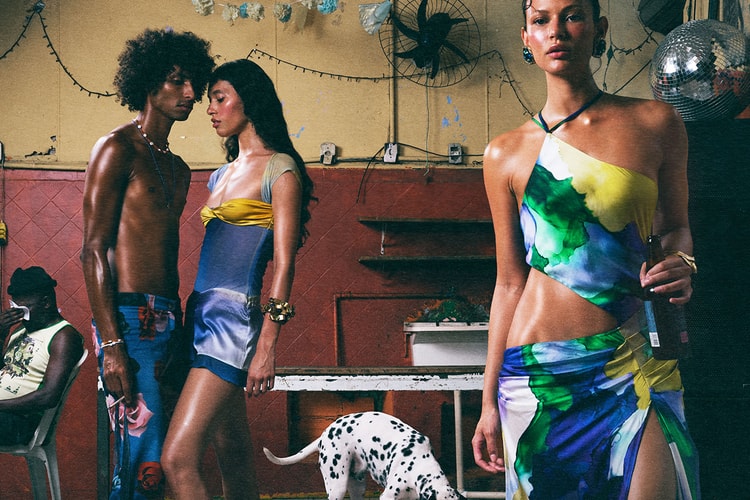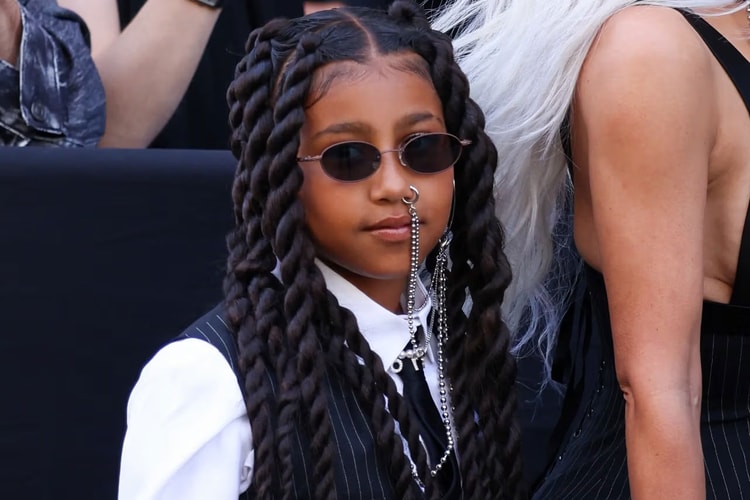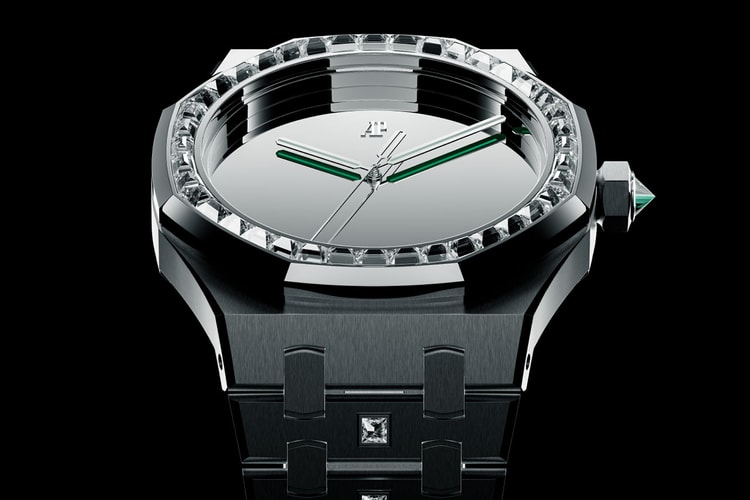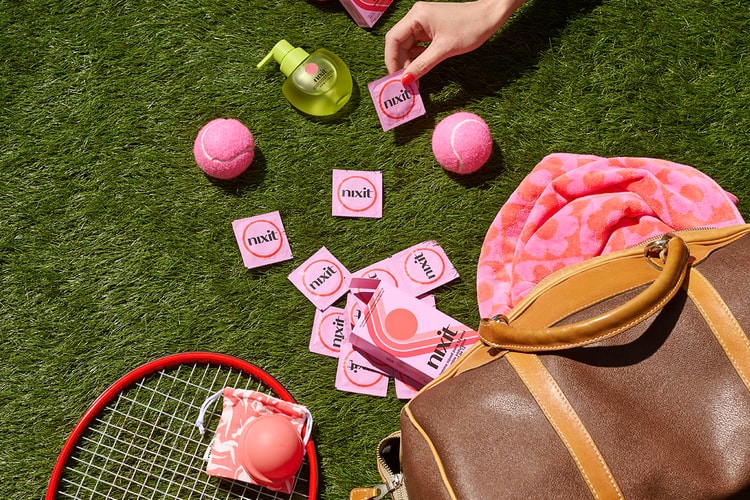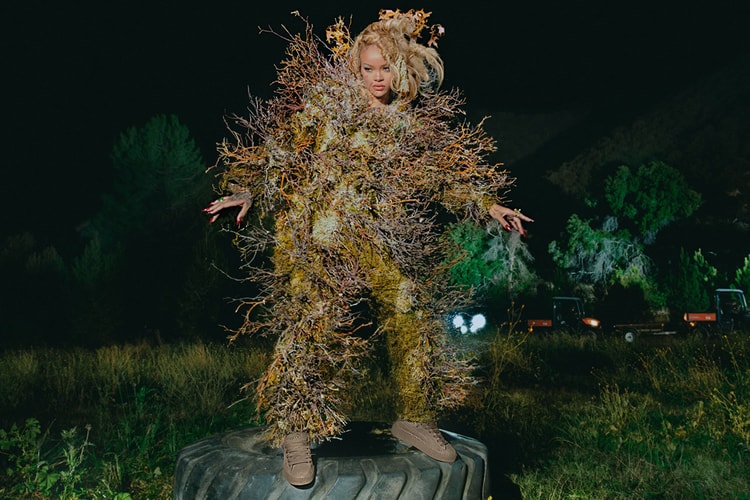
Less Is More: Nécessaire's Philosophy of Environmental Responsibility
In celebration of Earth Day, we speak to the brand’s co-founder, Randi Christiansen on embodying the essence of sustainability in personal care.
Nowadays, many people shout and scream that they are sustainable but often do not abide by accurate metrics or care about the environment. Excitement and eagerness to participate in the new “cool” often overlooks a product’s impact on the world’s biome. However, we’re moving towards a preferred, sustainable future with initiatives that are humble in their efforts to make an impact driven by a philosophy of environmental responsibility.
From its inception, personal care brand Nécessaire sought to positively influence the environment by understanding the connection between caring for ourselves and our world. However, the details of how they do it are not as public, while the dedication to sustainability is ingrained in the brand’s DNA. Co-founder Randi Christiansen, born and raised in Denmark, began her early journey through Estée Lauder Companies ventures, gaining the insight and skill to later unite with Glossier co-founder, Nick Axelrod-Welk. The two of them relocated to the West Coast simultaneously, bonding over their parallel life experiences and love for wearing black.
Most importantly, they loved a simple but impactful concept: Less But Better. Later, the concept foreshadowed the basis of their name and acted as a guiding principle that led them to develop essential, personal care products that focus on health and environmental responsibility.

Their voyage towards environmental stewardship has been both humbling and enlightening. At first, focusing on sustainability, they soon realized that being responsible was more important than anything else. This mindset allowed them to recognize their carbon footprint and actively seek ways to reduce it in all business aspects.
Nécessaire has proven its commitment to environmental giving by partnering with organizations like 1% for the Planet, where they’ve contributed to causes defending our air, land, water and wildlife through every sale. In addition to planting over 250,000 trees, primarily in the United States, expanding efforts to allocate funds to the Nature Conservancy, focusing on biodiversity and its profound impact.
In celebration of Earth Day, we speak with Christiansen on the brand’s values, partnerships, packaging and more.
Continue reading for the full interview.

On Nécessaire’s commitment to necessary items
It’s our purpose, our mission, our North Star and drives many of us to work every day. We used to speak about sustainability, aspiring for the brand to become a sustainable destination. However, as I learned more, realizing that “sustainability” was the wrong word became humbling. Our footprint is evident when we turn on the lights in our business every morning. So, we shifted our framework to the idea of responsibility, allowing us to view everything we do through recognizing and minimizing our footprint.
On brand values and reducing consumption
One of the most significant ideas and the biggest impact we can have in the beauty industry, which contributes significantly to waste, is inspiring people to create products that they genuinely want to use and use completely, resulting in reduced consumption. It drives me every day, particularly in the product development aspect of the brand. It excites me to ensure that the texture and packaging of our products are so appealing that our customers are thrilled to use them. This idea is significant because everything would be much better if everyone consumed less.

On sustainability and partnerships
We recently began our partnership with fund allocation to the Nature Conservancy. When you start a business, you can’t do it all. You have to put some steaks in the ground and we picked them. Climate Neutral provided invaluable guidance, helping us measure and offset our footprint while encouraging ongoing reduction efforts. For five years, we’ve remained dedicated to offsetting our carbon footprint entirely, aligning with our commitment to sustainability with every product sold.

On responsible product design
We always design a product by considering every single point to minimize our footprint. It sounds easy, but it can be incredibly complicated because these considerations often conflict with each other. For example, an aluminum tube may have a good footprint early in its lifecycle but can become problematic at the end as aluminum tubes are not readily recyclable in the United States, which is our primary market. Product design has many intricacies, with numerous choices and decisions to optimize and reduce the footprint. We carefully consider what the product is, how we package it, how we ship it and what happens to it at the very end.















